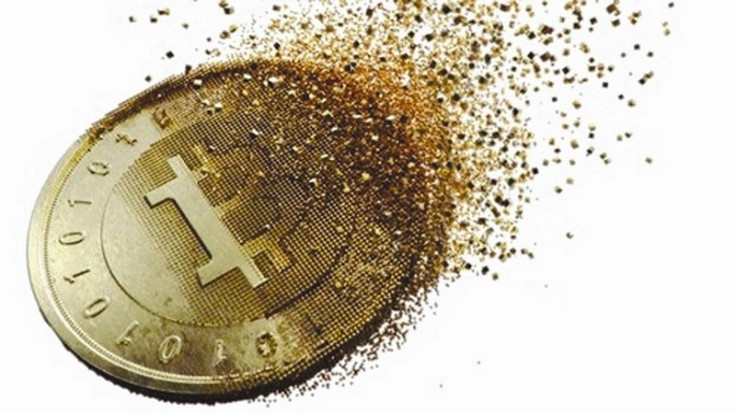MyCoin is 'classic Ponzi scheme' but bitcoin shouldn't be blamed

The purported Hong Kong-based exchange MyCoin never traded or held bitcoins and reports linking the cryptocurrency to unlawful activity should be ignored, lawyers have said.
MyCoin is currently under investigation by the Hong Kong Commercial Crime Bureau (CCB) and has reportedly cost customers just over $8m in lost investments.
The alleged scam has been widely touted as a Ponzi scheme, which has caused some confusion with it being linked to previous claims from bitcoin detractors that the cryptocurrency itself is a Ponzi scheme.
Some lawmakers in Hong Kong have even called on authorities in the region to issue a complete ban of cryptocurrencies.
Now, Hong Kong-based lawyer Randall Arthur, a partner at the Hong Kong office of law firm Kobre & Kim, has said that while it appears to be "a classic Ponzi scheme", MyCoin never never actually held or exchanged bitcoins and should not be associated with the cryptocurrency.
"There has undoubtedly been confusion in the media amongst the public about the scheme," Arthur told IBTimes UK. "Bitcoin trading was just used as a front for the scheme, when in reality bitcoins were never traded - the investors never held bitcoins or any other investments at all.
"The scheme could just have easily promoted itself using other investment opportunities - shares, securities, bonds, forex, et cetera. The outcome would have been the same."
Recovering lost investments in MyCoin
The CCB has reported that more than 25 investors have so far approached the police to file complaints against MyCoin, however hopes of recuperating lost funds lie in putting MyCoin into provisional liquidation.
"Class action lawsuits do not exist in Hong Kong, meaning it would be procedurally difficult for investors to pool whatever remaining funds they have and jointly commence legal proceedings against MyCoin in Hong Kong," Arthur said.
"The most likely way in which investors can go about recovering their funds is for one or more of them to apply to put Mycoin into provisional liquidation, and subsequently liquidation, in Hong Kong.
"The liquidators will be able to obtain all of Mycoins books and records, including any banking records and statements, in order to investigate where their funds have been have been transferred to."
Arthur warns that the process is likely to be complicated and could be drawn out, however investigations into large-scale Ponzi schemes have proved successful in the past.
"Liquidations of Ponzi schemes are often lengthy, costly and complicated given the means the fraudsters use to hide assets around the world, with no guarantee of recovery," Arthur said. "However, successful and significant recoveries have been made in Ponzi scheme administrations such as the Madoff administration."
© Copyright IBTimes 2025. All rights reserved.




















